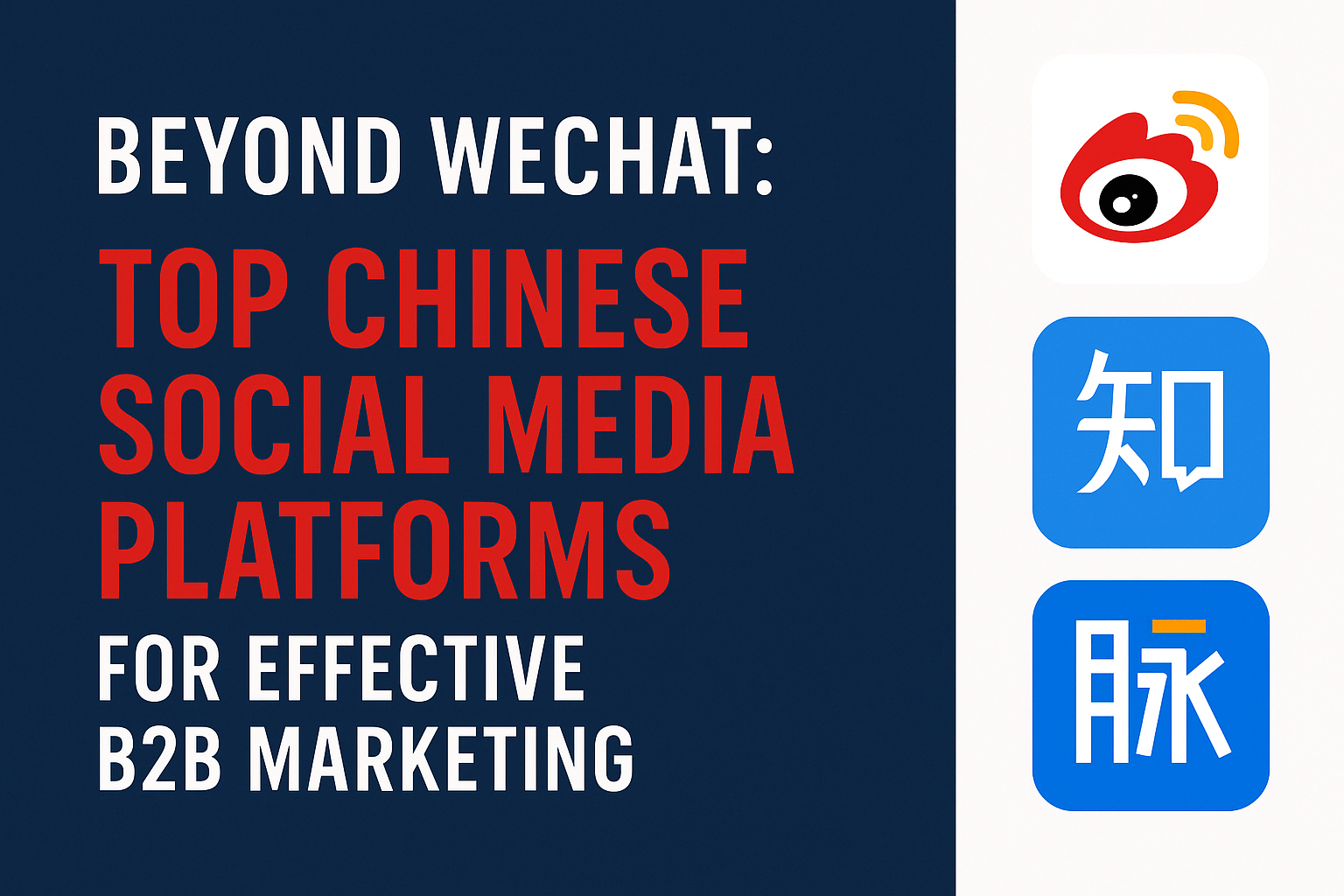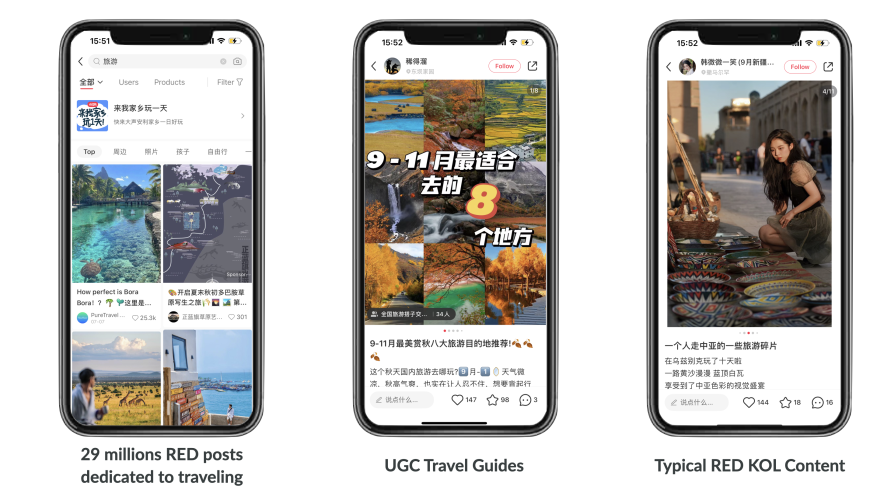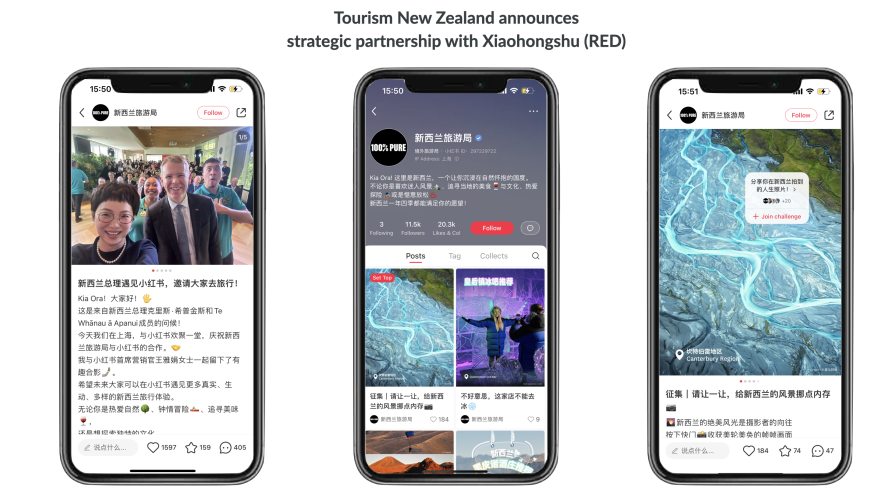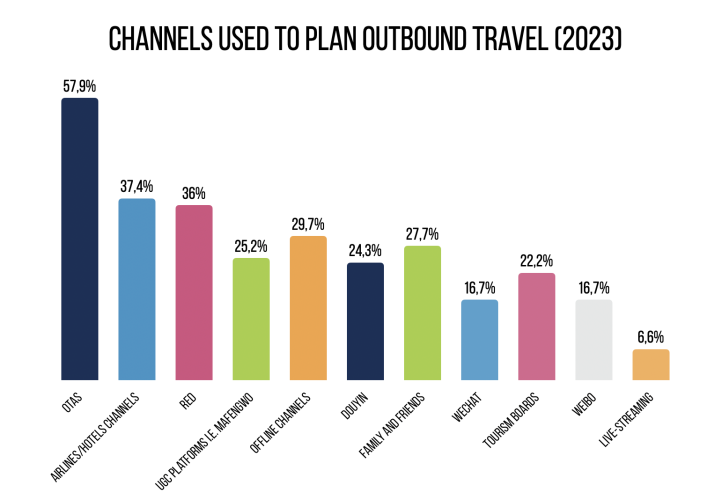Tencent officially launched its large language model
- Chinese tech giant Tencent officially launched its Hunyuan large language model at the company’s Global Digital Ecosystem Summit.
- The move comes several months after fellow Chinese tech giants Alibaba and Baidu launched their own AI products.
- The full stack self-developed Hunyuan LLM with over a hundred billion parameters is trained with 2 trillion tokens of pre-training data. It possesses strong capabilities in Chinese language comprehension, content creation, logical reasoning, and task execution.
- In the future, the Hunyuan model will support Tencent Cloud’s MaaS (Model-as-a-Service), with customers able to directly access it through APIs and use it as a foundational model to develop applications for various industry scenarios, Tencent said.
LINK: https://www.jiemian.com/article/10057854.html
Publish without notification display in the homepage
- When an article is posted, there will be two buttons, one to publish to all and one to publish without notification.
- Publish without notification means that published content is not pushed to users. However, now the published content will be displayed on the home page of your WeChat account. The published article can also be forwarded to friends, friends in your circle, set for automatic replies, deleted, and so on.
- Although, only fans can actively come to the home page to see the post article, if businesses publish frequently, it will end up making the home page look very busy. This then points to the need to be careful when using the post function in the future.
Xiaohongshu embarks on the era of “personal shoppers”, boosting social commerce
- After the livestream momentum gained by the Chinese actress Dong Jie and subsequently KOL Zhang Xiaohui, Xiaohongshu now seeks to give influencers the official title of “personal shoppers”, stepping up efforts in social commerce.
- The move closely follows the just concluded Red-commerce Partner Week 2023, which was hosted on August 24 in Shanghai. Touting the tagline “Entering the era of personal shoppers”, the event also marked the public debut of Xiaohongshu’s e-commerce division.
- “Personal shoppers” would “play a crucial role in connecting merchants and consumers”. “The first things personal shoppers on Xiaohongshu need to work on is to understand the specific needs of their target audience, they are expected to direct other users to the products they are looking for.” As such, “personal shoppers” would act as upgraded KOLs, bringing together the content-focused “Community” and e-commerce ecosystems that are not yet well integrated on the platform.
- This shows the ambition of Xiaohongshu in setting itself apart in the much-contested territory of e-commerce from existing experts such as Douyin (Chinese TikTok) and its rival Kuaishou by differentiating its approach to “influencing” consumers to that adopted by other social media platforms.
- Such a practice also appears to be more persuasive and appealing to Xiaohongshu’s user demographics, which are economically satisfied and more knowledgeable in fields related to their interests.
China Sets Filing Requirements for Smart Phone Applications
- On 4 August 2023, the Ministry of Industry and Information Technology (MIIT) set a timeline to enforce the filing of mobile applications (APPs), in the published Notice on Carrying out the Filing of Mobile Internet Applications (Notice).
- APPs that are pre-installed on a smart phone or downloaded by users, should conduct filing through their network access service providers. For example, an APP hosted on Tencent Cloud’s cloud service should conduct filing through the Tencent Cloud portal.
- APPs based on API that users can use without installation, such as mini programs, quick apps, etc. should conduct filing through their distribution platform. For example, mini programs in WeChat should conduct filing through the WeChat portal.
- A foreign company that operates an App in China can register its Chinese subsidiary or representative office as the APP holder. Alternatively, it can enter into a cooperation agreement with a local partner.
LINK: https://mp.weixin.qq.com/s/w2xLVI75H4X59DRR5rODNA
China’s newest viral collab: megabrands Luckin Coffee x Moutai join forces
- Many young Chinese people are tasting their first cup of luxury liquor—Kweichow Moutai — at domestic café chain Luckin Coffee. The two beverage giants partnered up to co-create a new flavor of latte, Moutai Latte (酱香拿铁), which was released today.
- The collaboration was an instant hit, with long queues forming outside the 10,000-plus Luckin coffee shops distributed across China, and several related hashtags topping Weibo’s Hot List, each with over 100 million views.
- Through the partnership with Luckin Coffee, Moutai is using a fresh way to popularize its product’s taste and brand among China’s younger demographic.
- The collaboration seems to be a winning formula for both. The high-low partnership has tapped China’s guochao trend, offered surprise, delight, and nostalgia for consumers, and earned both brands new virality.
LINK: https://jingdaily.com/luckin-coffee-moutai-collaboration/
‘Mom skincare’ —China’s maturing Gen X consumers give rise to new beauty opportunities
- The cohort of 60-years-plus consumers could provide a new growth engine for skincare and personal care labels.
- The options for mature skin are lacking, with many major local and global brands focusing on launching skincare lines for young women and men.
- China’s Gen X consumers are big savers and users of high-end skincare labels. They have more knowledge about skincare and beauty than the preceding generation had.
- Older consumers rank anti-aging effects as the top product function. However, hydration and moisturization also rank highly.
- Brands have deployed celebrities in their 40s and 50s to endorse their skincare lines and promote their products on Weibo, Douyin, and Xiaohongshu.
LINK: https://jingdaily.com/chinas-gen-x-saves-big-but-also-consumes-high-end-skincare/






